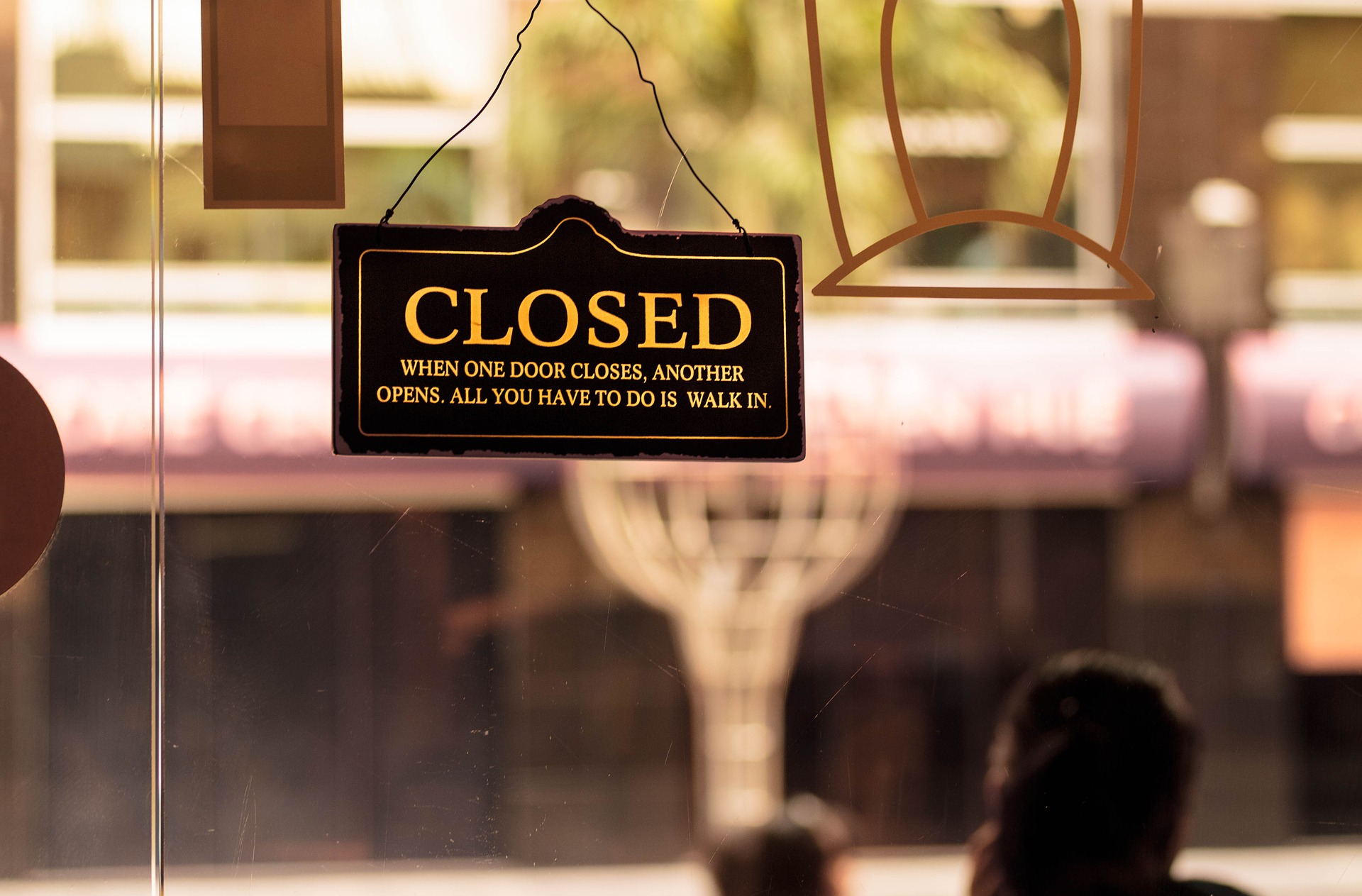Have you lost the passion for your job? Is your business just not making the money you need? Maybe a new opportunity has come along? Whatever the reason, sometimes it is ok to say, “That’s enough, I quit!” and close down your business.
Is it really that easy to close down a business? Let us take a look at what’s required to wind up your business, whether you’re self-employed or own a limited company.
When does a business close?
The business will cease to trade when you make your final sale. But you may want to run your final accounting period a little longer to tidy up some outstanding expenses.
Preparing to wind up
As the business starts to wind down (dissolving a company), you want to make sure you leave everything tied up neatly with HMRC. Unfortunately, there is no one-stop shop as each tax has slightly different requirements.
What are the different tax requirements?
VAT
Cancel your VAT registration. This is straightforward process which you can do via your online VAT account. You’ll have to submit a final VAT return from the end of your last quarter to the date you cancelled the VAT. This still needs to be done even if you didn’t have any sales in the period. It will be due to be submitted and paid one month and 7 days from the date you ceased to trade.
If the business still has assets such as vehicles or equipment that are worth more than £6,000 at current market value, then you’ll need to include them in your final VAT return. You’re effectively going to be giving back some of the VAT you claimed originally as if you were buying them. If the VAT on the assets is less than £1,000 then you don’t need to do this.
Payroll
Close down your payroll scheme – You’ll cease any employees that you have (including yourself) and give them their P45’s. You then submit a final payroll return to HMRC. Your payroll software should include an option that allows you to send a notification that the payroll is ceasing as part of the HMRC RTI submission. Final PAYE and NIC will also need paying.
CIS
If you have subcontractors under the Construction Industry Scheme then you can notify HMRC by phone.
You have cancelled everything, and you are ready to close the business. What is next?
Self Employed
If you’re closing a sole trader or partnership business, then your main port of call is HMRC to let them know you’re no longer self-employed.
You will need to complete a final self-assessment tax return; this applies even if you weren’t self-employed for the whole year.
Limited Company
There is more involved when closing a limited company. You’ll need to notify HMRC and complete a final Corporation tax return including your accounts to cessation. Once the corporation tax is completed, you can close the company down officially with Companies House. The easiest way to do this is a DS-01 form which is a request for the company to be struck off. If the company has no debts, then this process should happen quite quickly. Do not send the form until everything is paid off and the bank account is closed down. Once this happens, you will no longer have access to the bank account or it’s funds.
If the company has substantial assets, then a Members Voluntary Liquidation may be a better option.
Another option if you wish to cease trading but keep the company name, is to let it go dormant. You will still have to complete the annual confirmation statement each year and submit very reduced dormant accounts to Companies House.
If you don’t submit the annual confirmation statement then Companies House will automatically start the striking off process. This can potentially incur charged fines of up to £5,000, so it’s always better to submit the DS-01 rather than take a chance.
Last chance accounts
You should be extra considerate when it comes to the final set of accounts as they have the potential to save or cost you tax, depending on the decisions that you make around your assets and any losses that you have. It is a good idea to get an accountant involved to help so that you aren’t missing out or costing yourself extra money.
Summary
- Deal with each of your HMRC taxes individually.
- Get accountancy advice for your final accounts and tax return, if possible.
- Make sure everything is sorted out and the bank is clear before you close your





